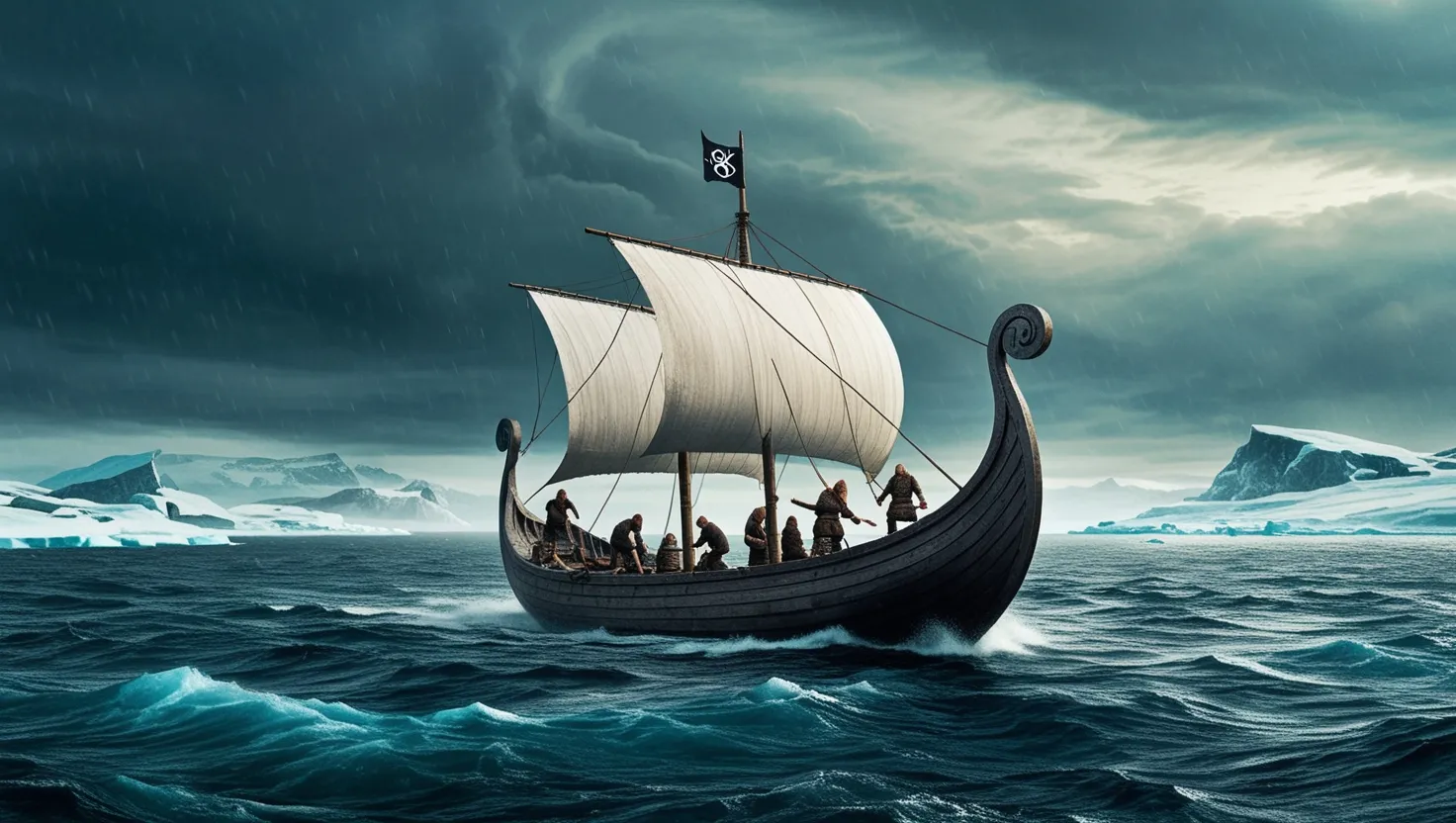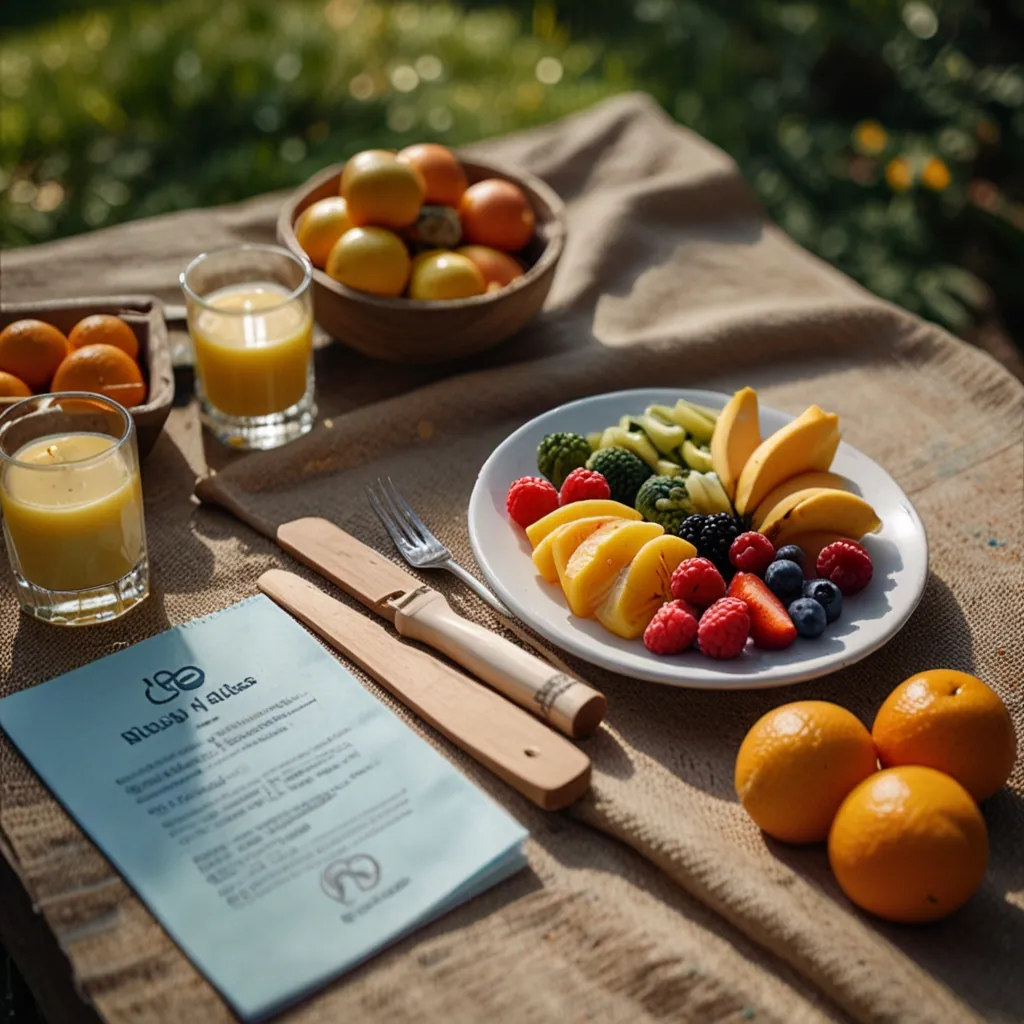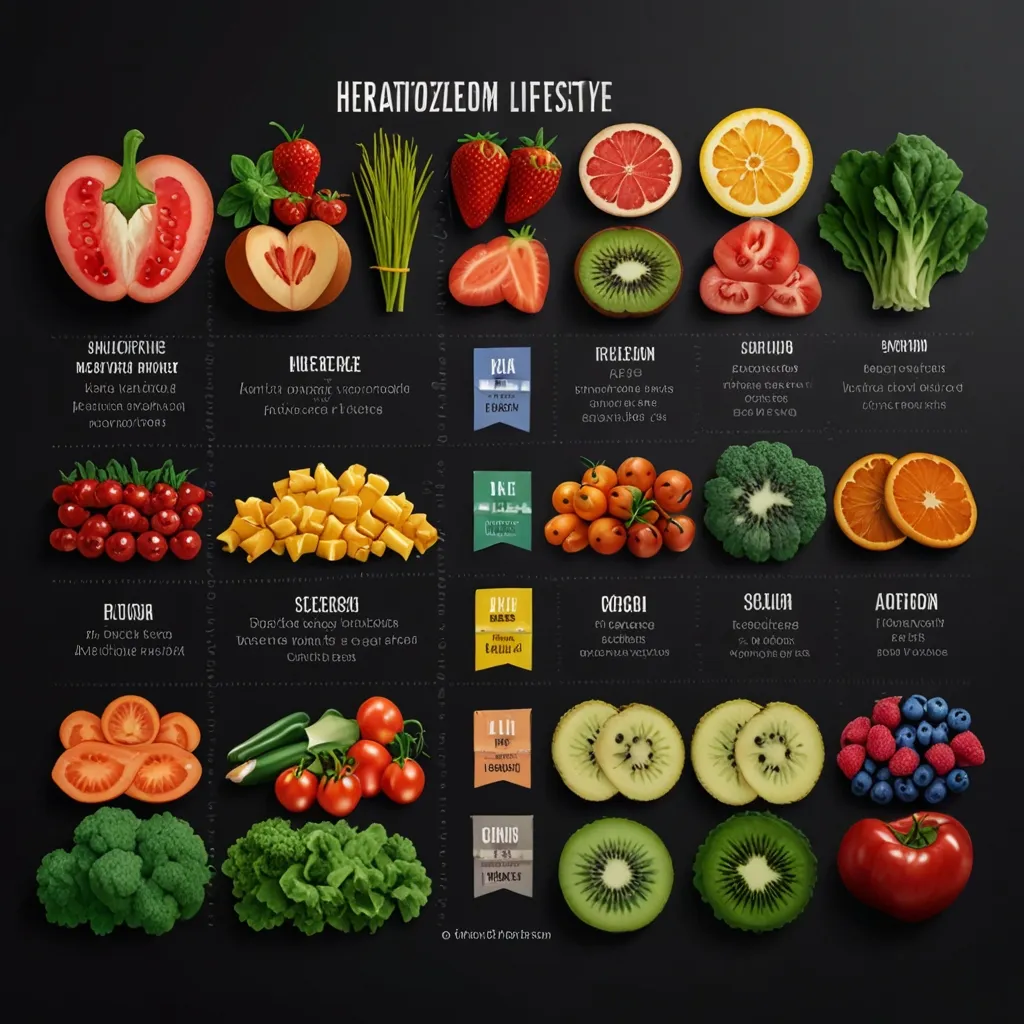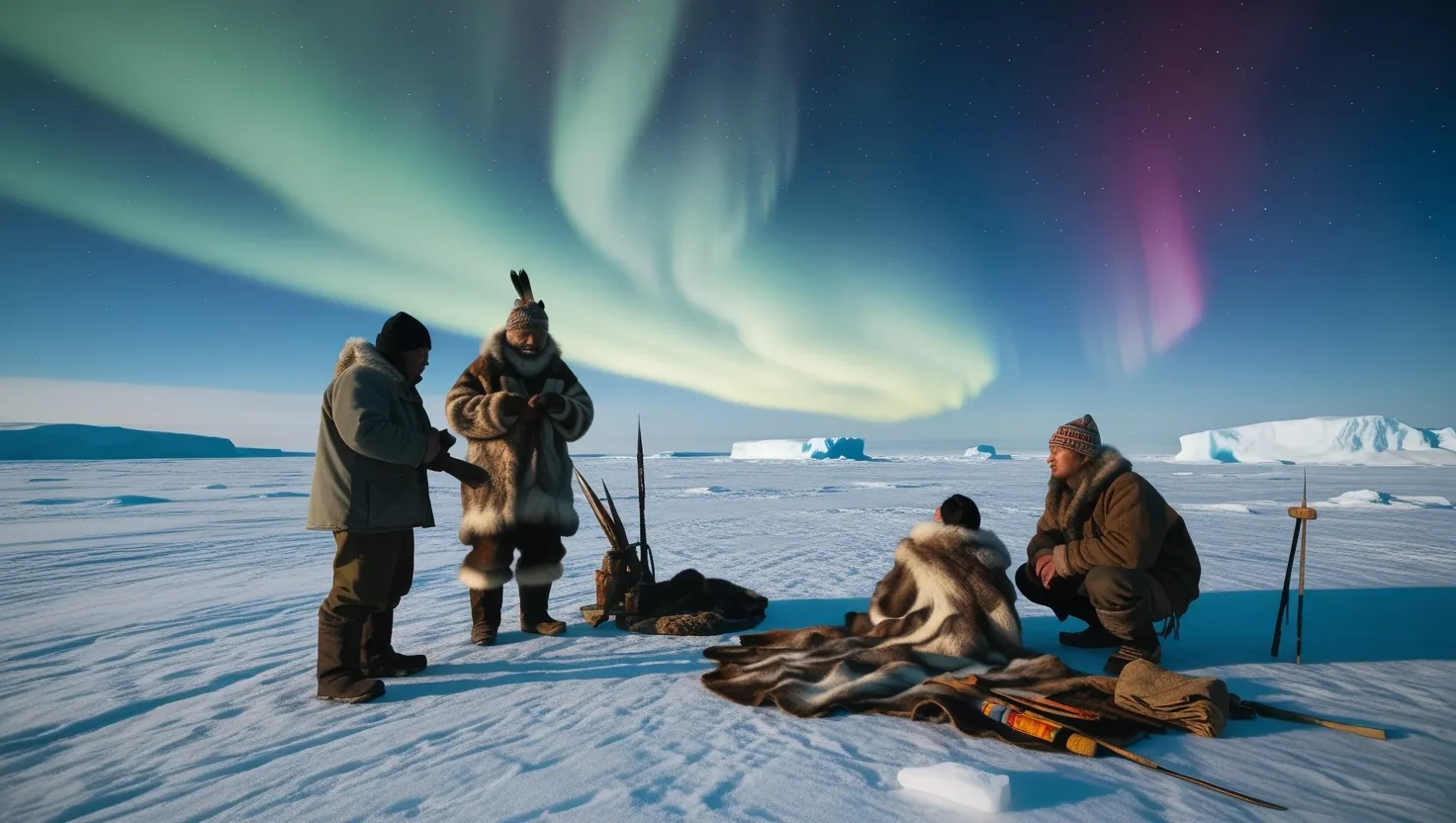In the harsh, icy landscapes of Scandinavia, the Vikings forged a culture that was as resilient as it was formidable. Theirs was a world of unyielding seas, fierce battles, and the constant struggle for survival. Yet, it is precisely this environment that bred a people whose practices and mindset can offer us invaluable lessons in building resilience today.
The Power of Physical Challenge
“Strength does not come from physical capacity. It comes from an indomitable will.” These words, though not from a Viking, capture the essence of their physical ethos. Vikings valued strength and endurance above many other virtues. Their lives were a testament to the human body’s capacity to endure and overcome.
To adopt this aspect of Viking culture, one must be willing to push their physical limits. Engaging in regular physical activities such as strength training, endurance sports, or even traditional Scandinavian outdoor activities like hiking and kayaking can be transformative. These activities not only build physical toughness but also mental resilience. When you challenge your body, you build a mental fortitude that can withstand the stresses of modern life.
The Explorer’s Mindset
Vikings were not just warriors; they were explorers and innovators. They ventured into the unknown, discovering new lands and establishing trade routes that spanned continents. This spirit of exploration is something we can all learn from.
Approach obstacles as opportunities for learning and growth. View failures not as setbacks, but as stepping stones to success. This growth mindset is at the heart of Viking resilience. It allows you to see challenges as part of a larger journey, rather than insurmountable barriers.
As the famous explorer Roald Amundsen once said, “Adventure is just a romantic name for old-fashioned hard work and determination.” This determination to explore, to innovate, and to push beyond the boundaries of what is known is a powerful tool for building resilience.
The Art of Storytelling
Storytelling was a cornerstone of Viking culture, though not in the way we might think. It was through oral tradition that they preserved their history, values, and myths. These stories were not just entertainment; they were a way of passing down wisdom, cultural norms, and historical events.
In today’s world, storytelling remains a potent tool for emotional processing and connection. Share your experiences, listen to others’ stories, and you will find a deeper sense of community and understanding. This practice fosters empathy, perspective, and a sense of belonging.
“Stories have to be told, or they die, and when they die, we can’t remember who we are or why we’re here,” said Sue Monk Kidd. By keeping our stories alive, we keep our identities and our connections to each other vibrant.
The Value of Practical Skills
Vikings were skilled craftsmen, capable of building their own ships, forging their own weapons, and tending to their own lands. This self-reliance was not just a necessity; it was a source of pride and confidence.
Learning practical skills such as cooking, gardening, or basic repairs can have a similar impact on our lives today. These skills build problem-solving abilities and a sense of self-sufficiency that is hard to find in our increasingly specialized world.
Imagine being able to fix a broken appliance or grow your own food. These small acts of self-reliance can significantly boost your confidence and resilience. As the saying goes, “Give a man a fish, and you feed him for a day. Teach a man to fish, and you feed him for a lifetime.”
The Strength of Community
Vikings thrived in close-knit communities where loyalty, honor, and mutual support were paramount. These communities were not just social units; they were survival networks.
In today’s world, where isolation and loneliness are increasingly prevalent, fostering strong community bonds is more important than ever. Participate in group activities, support networks, and community projects. These connections enhance emotional resilience and provide a sense of belonging that is essential for our well-being.
As Desmond Tutu once said, “A person is a person because of other persons.” Our strength comes not just from within but also from the people around us.
A Modern Viking Spirit
So, how can we apply these Viking practices to our modern lives? Here are a few questions to consider:
- What physical challenges can you take on this week to build your endurance?
- How can you approach your next obstacle with a growth mindset?
- What stories do you have to share, and how can you listen more deeply to others?
- What practical skills can you learn to become more self-reliant?
- How can you strengthen your community bonds?
By embracing these aspects of Viking culture, we can develop a resilience that is both robust and adaptable. We can face the challenges of our modern world with the same courage, determination, and sense of purpose that defined the Vikings.
In the end, resilience is not just about enduring hardships; it is about thriving in the face of them. As the Viking proverb goes, “Cattle die, kindred die, every man is mortal: But the good name never dies, and the deeds that bring it.” Let us build our good names and our deeds on the principles of strength, innovation, storytelling, self-reliance, and community – the very principles that made the Vikings so resilient.






